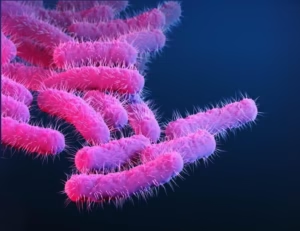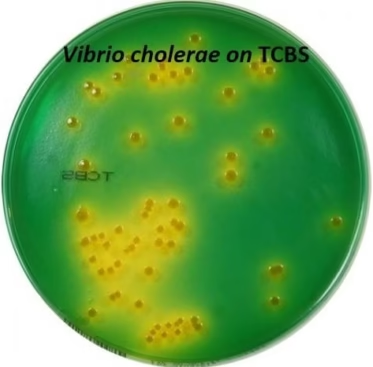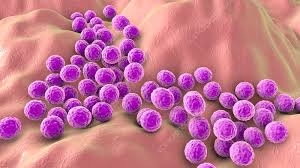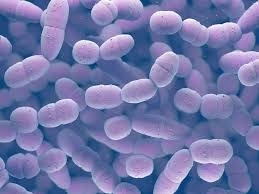
Introduction Shigella is a Gram-negative, non-motile, non-spore-forming bacillus. It belongs to the family Enterobacteriaceae. Shigella is the causative agent of shigellosis (bacillary dysentery). The disease is characterized by bloody diarrhea, Read More ……..



